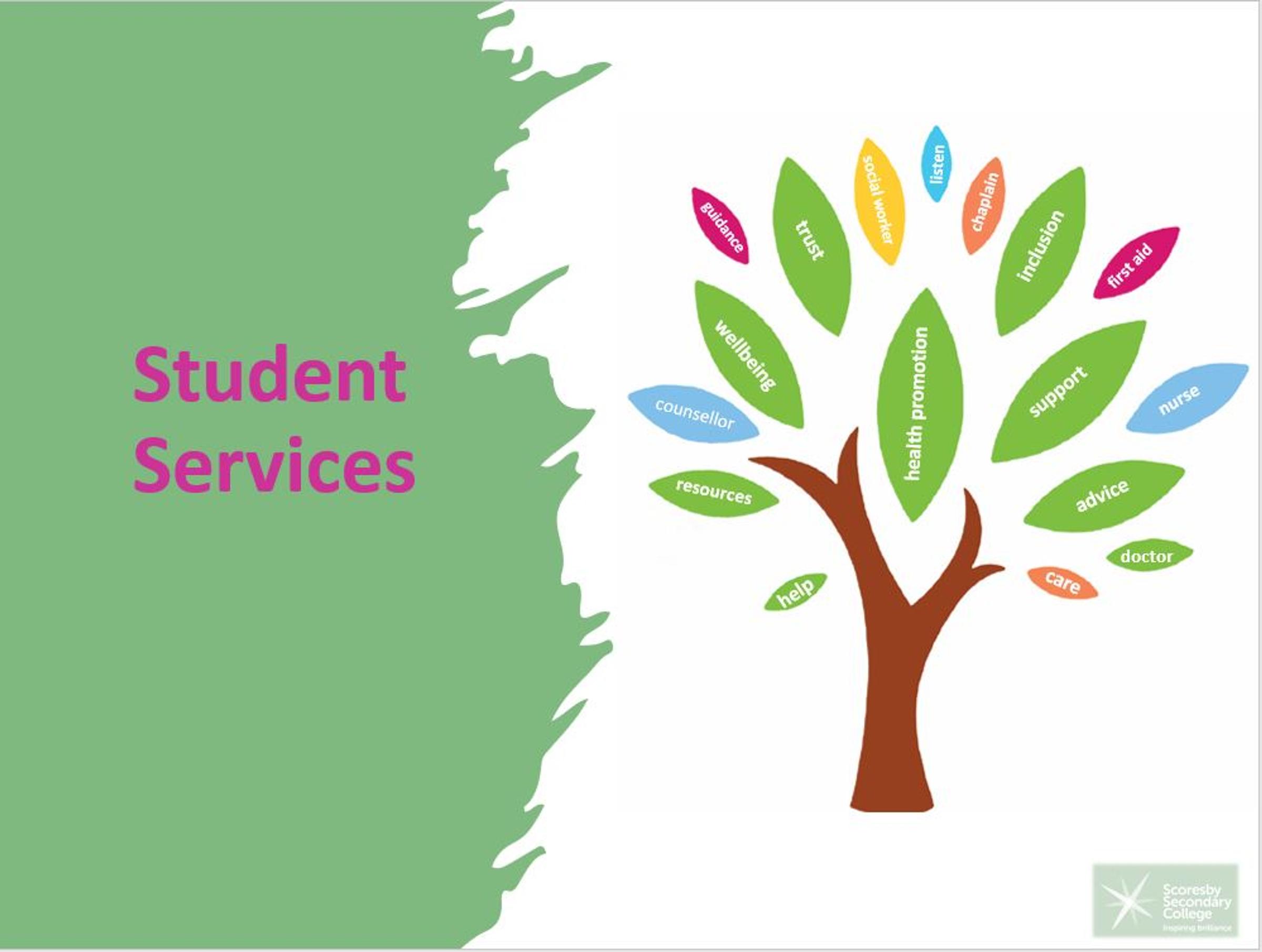Student Services

Period Problems
Women can have a variety of problems with their menstrual periods. Some common problems are premenstrual syndrome (PMS), painful periods (dysmenorrhoea), very heavy periods (menorrhagia) and no periods (amenorrhoea). Lifestyle changes and medicines may help period problems.
The Jean Hailes fact sheet attached, outlines what is a period, menstrual cycles, what to expect during your period, premenstrual syndrome, period pain and when to see your doctor.
Premenstrual syndrome (PMS) or premenstrual tension (PMT) refers to a range of physical and emotional symptoms that some women experience in the one to two weeks before menstruation. PMS is most likely due to changes in hormones and brain chemicals that occur during the menstrual cycle, combined with life’s tensions.
- Physical symptoms include: fluid retention, food cravings, tender/ swollen breasts, weight gain, aches and pains, headache, constipation or diarrhoea, tiredness, no energy, difficulty sleeping, being clumsy or uncoordinated, skin problems (eg: pimples, acne).
- Emotional symptoms include: feeling irritable, sensitive, feeling sad, depressed, hopeless, anxiety, lower coping ability, lower libido, poor concentration, less interest in work and social life, wanting to be alone.
Period pain (Dysmenorrhoea)
Period pain is thought to be caused by increased levels of body chemicals called prostaglandins. Prostaglandins affect uterine muscles and may also affect uterine muscles and may also affect stomach and bowel muscles. Most women have some pain with their periods. Symptoms usually begin the day before the period and slowly ease after the bleeding starts. Symptoms include: Cramping or aching pain across the lower abdomen, pain may spread to the lower back and legs, nausea, vomiting, diarrhoea, headaches and light-headedness.
Menorrhagia
Heavy periods are common but if it interferes with everyday life there may be a problem and a GP visit may help find the cause of the problem.
Amenorrhoea
If a girl has not had a period by 16 years of age it is important that she check with a doctor.
Medicines
A variety of medicines can help with period problems. Ask a pharmacist or doctor for advice about anti-inflammatory, hormone therapies or other prescription medications.
Self-care
Eat regular and healthy meals, exercise regularly, get plenty of rest and sleep, limit alcohol intake, avoid smoking, wear a comfortable and supporting bra, limit caffeine drinks as caffeine can worsen some symptoms of PMS, use relaxation techniques to help cope with the tension and pain.
To help ease period pain
Massage your lower back and buttocks, place a heat pack on your stomach or lower back, lie flat on your back and put a pillow under your knees or lie on you side and bring your knees up to your chest.
Joanne Morkham
Doctors in Schools Nurse
Self Care for the Holidays
10 Ways to self-care over the holidays:
- Go for a mindful walk - https://www.headspace.com/articles/walk-into-a-mindful-moment
- Take up a brand-new hobby, for example: embroidery, painting, sculpting, photography, writing, running, dancing
- Go to the beach/lake/pool and watch the water for at least 20 minutes- new research shows that being near or looking at water for at least 20 minutes can improve overall mood.
- Write a letter to yourself to read in 1, 2 or 5 years’ time - https://www.ed.ac.uk/reflection/reflectors-toolkit/self-awareness/writing-letters
- Go to the park and swing on the swings (be a kid again!!!)
- Binge watch your favourite show or movie series
- Make yourself a meal/dessert that you love to have
- Clean your room and sort through all of your unwanted clothes and donate them to your local op shop.
- Sleep in & get at least 8 hours of rest
- Take a relaxing bath or shower
Set yourself a self-care challenge and write 3 kind things to do for yourself each week. This can include some of the tips listed above.
Resources you can utilise over the holidays:
Beyond Blue: a 24/7 Mental health support service that offers both over the phone and webchat counselling.
Ph: 1300 22 4636
Webchat: https://www.beyondblue.org.au/support-service/chat
Resources: https://www.beyondblue.org.au/who-does-it-affect/young-people
Headspace: a support service for young people aged 12 – 25. They offer free resources and counselling, both over the phone and webchat, their hours are 9am – 1am, 7 days a week.
Ph: 1800 650 980
Webchat: https://headspace.org.au/online-and-phone-support/
Resources: https://headspace.org.au/explore-topics/for-young-people/mental-ill-health/
Kids Helpline: a counselling service for youth, aged 5 – 25 Phone & Webchat counselling available 24/7.
Ph: 1800 55 1800
Webchat: https://kidshelpline.com.au/get-help/webchat-counselling
Resources: https://kidshelpline.com.au/teens
1800 RESPECT: offers 24/7 support for any individual impacted by sexual assault, domestic violence & abuse.
They offer a wide variety of resources around safety planning, useful apps, local resources that you can use, etc.
Ph: 1800 737 732
Webchat: 1800respect.org.au
Resources: https://www.1800respect.org.au/help-and-support
QLife is a LGBTQIA+ peer support and referral service, aimed at supporting individuals who are a part of the community.
The phone and webchat service operate from 3pm – 12am every day.
Ph: 1800 184 527
Webchat: https://qlife.org.au
Resources:
https://qlife.org.au/resources
Useful Apps:
Calm Harm – for those who struggle with mental health and need a distraction
Headspace – for stress relief & guided meditation
Clear Fear: For those who struggle with Anxiety & need a distraction
Smiling Mind: Guided Mediation & Grounding for those who have anxiety or require mental health support.
Useful Websites:
Head to Health: https://www.headtohealth.gov.au/support-for-young-people
Living well, resources & information on mental health
Minus 18 https://www.minus18.org.au/
For those apart of the LGBTQIA+ community, resources and information on identity, school, family & friends, wellbeing, etc.
Happy Holidays!!
Mrs Louise West
Wellbeing Team Leader
